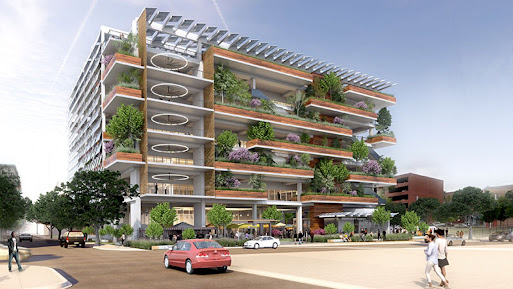Illinois Investment Landscape: Strategies for Rental Property Success

Introduction Illinois, with its diverse economy, robust urban centers, and charming suburban and rural communities, presents a compelling landscape for real estate investors. While Chicago often steals the spotlight, the entire state offers a myriad of opportunities for those looking to generate passive income, build long-term wealth through appreciation, and diversify their investment portfolios. This article will delve into effective strategies for succeeding in the Illinois rental property market, exploring key considerations for investors and featuring a real-life case study of a thriving rental portfolio. Understanding the Illinois Rental Market Dynamics The Illinois rental market is influenced by several factors, including population shifts, job growth, and local economic conditions. While some parts of the state have experienced net outmigration, key urban and suburban areas continue to see strong demand for rentals. Chicago Metro Area: ...






